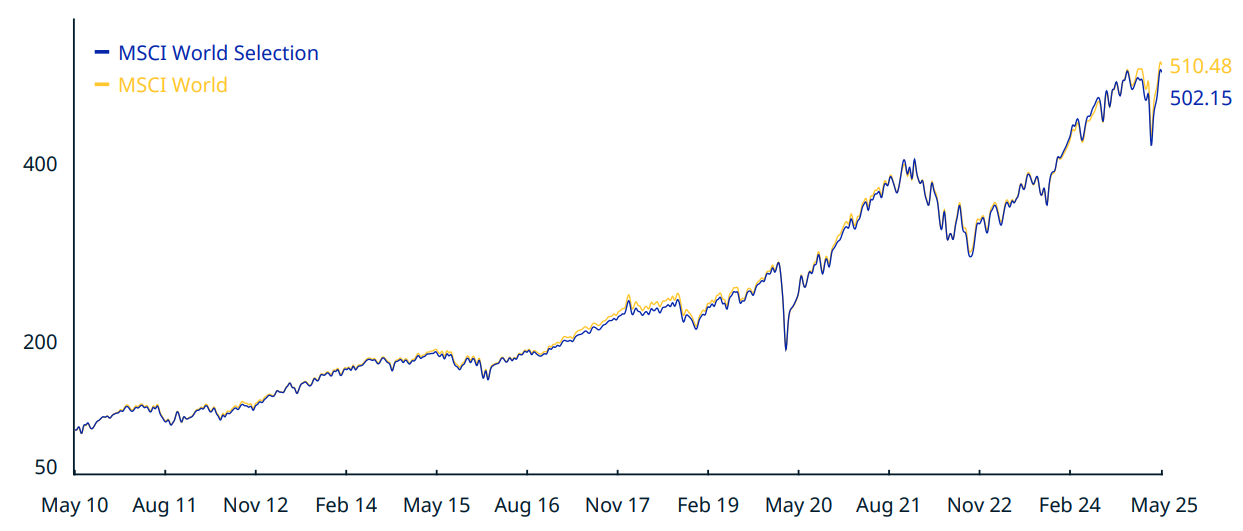
In recent years, terms like sustainability, ethics, and responsibility have become increasingly prominent in the world of finance. ESG investing, once a niche concept, is now shaping the behavior of investors, companies, and regulators. But the question remains: is it a true tool for change or just a clever marketing strategy?
What does ESG actually mean?
ESG stands for a comprehensive approach to investing that considers not only financial indicators but also environmental, social, and governance factors. This means looking at how companies impact the environment (for example, their carbon footprint or resource use), how they treat employees, communities, and diversity, and how transparently and ethically they manage their internal operations. This broader perspective helps investors identify companies that are not only likely to survive but also thrive in a changing world.
Why is interest in ESG investing growing?
Interest in ESG is not just a passing trend; it’s a response to significant shifts in society and the economy. Younger generations of investors demand that their money support companies contributing to solving climate and social issues—not making them worse. Regulatory authorities, especially in the European Union, are also introducing strict rules to increase transparency and prevent so-called greenwashing—creating a false "green" image without real change. As a result, ESG is no longer just a label; it's becoming a necessary standard that companies must meet if they want to remain relevant and attractive to investors.
What are the benefits of ESG?
Investing in companies with strong ESG principles is not just about feeling good—it’s a strategic move that also brings measurable advantages. Companies focused on sustainability often adapt better to new regulations and societal expectations, giving them a competitive edge. Transparency and ethical behavior reduce the risk of reputational damage, which can have an immediate impact on brand value and stock prices. Moreover, strong ESG profiles can lead to better financing conditions, as banks and investors tend to favor companies with sustainable practices.
Measuring ESG investment performance
To better understand how ESG investments perform in the market, it’s useful to track special indexes like the MSCI ESG Selection. This index includes companies with high ESG scores within their sectors and serves as a benchmark for sustainability-oriented investors. Comparing the MSCI ESG Selection with the traditional MSCI World Index shows that sustainable portfolios can deliver very similar results to the broader market. Between 2010 and 2025, both indexes performed nearly identically, with the ESG index only slightly lagging behind. This suggests that focusing on sustainability does not necessarily mean lower returns and can be fully competitive with conventional investment strategies.
Cumulative Performance of the Indexes – Gross Returns [USD]

Skepticism and the risk of greenwashing
Despite these benefits, ESG also faces justified criticism. The biggest issue remains greenwashing, where companies present themselves as environmentally and socially responsible but take only minimal actual steps. Inconsistent evaluation methods and varying ratings further create confusion and opportunities for manipulation. A company may score high with one agency and low with another, leaving investors puzzled. Therefore, standardizing ESG ratings and increasing transparency are crucial to distinguishing real leaders from those who use ESG as nothing more than a trendy label.
Where is ESG investing headed?
The ESG debate straddles the line between sustainability ideals and marketing reality. On one hand, it has the potential to support responsible companies and reduce risks. On the other, the challenge remains to eliminate confusion in assessments and prevent ESG from being abused as mere marketing. Today, investors must approach ESG critically, seek genuine values, and not settle for superficial claims. If used with integrity, this concept could be the key to a more sustainable and responsible economic system that combines profit with principles.
* Past performance is not a guarantee of future returns.
[1] https://www.msci.com/documents/10199/255599/msci-world-selection-index-usd-gross.pdf

He has been trading in the capital markets since 2002, when he started as a commodity Futures trader. Gradually he shifted his focus to equity markets, where he worked for many years with securities traders in Slovakia and the Czech Republic. He also has trading experience in markets focused on leveraged products such as Forex and CFDs, and his current new challenge is cryptocurrency trading.


